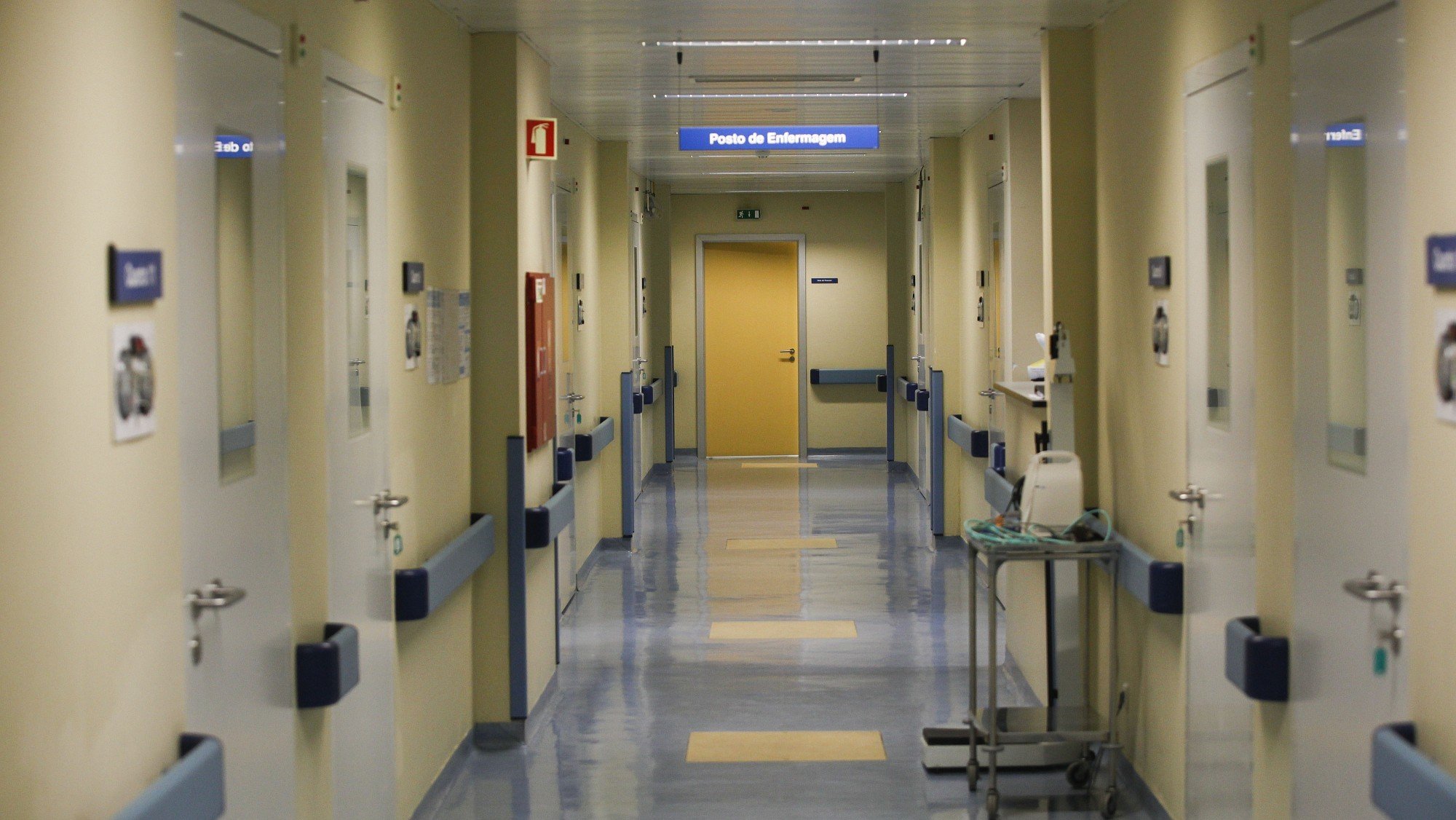An important part of the patients with suspected or confirmed oncological disease are not being identified due to difficulties in the information systems, admits the Health Regulatory Entity (ERS).
In a document that analyzes the impact of the Covid-19 pandemic on access to cancer health care, the ERS exemplifies this situation by comparing the number of patients referred from Primary Health Care (PSI) between 2018 and 2020 with suspected or confirmed cases of cancer oncological disease with the number of first consultations.
“The number of users referred by primary health care represents only about 7% of the first queries made in the last three years [2018/2020]which consequently would imply that 93% of consultations with suspicion or confirmation of oncological disease had an internal origin in hospitals”, considers the regulator.
Comparing the number of referrals from the CSP associated with oncological disease with the reality of other medical specialties, where the first consultations made at the request of the CSP represent, on average, about 40% of the first hospital consultations, the ERS considers that it becomes “It is evident that the registration difficulties that have been reported by health care providers are leading to many consultations are not being correctly identified as associated with oncological disease“.
ERS also considers that the limitations of the information systems also make it difficult for the regulator to properly monitor both the volume of activity and compliance with the Maximum Guaranteed Response Times (MTRG).
The regulator also states that this situation calls into question the right of users to timely access to health.
It also says that the difficulties in registering oncological activity are not only verified in consultations, but that difficulties in distinguishing scheduled surgeries within the scope of oncological disease have also been reported to the ERS.
As an example, the document cites the case of the data sent by the OPI of Oporto in the context of monitoring waiting times, referring to the fact that it was found “the existence of records of oncological surgeries, such as brachytherapy, with no indication of being related with oncological disease”.
In the case of Centro Hospitalar e Universitário de Coimbra, EPE, also in the context of monitoring waiting times in the SNS, the provider told the regulator that “the separation of cancer surgeries, based only on the indicator oncological, it may not represent all of oncological surgeries”, he says.
ERS also gives the example of the Hospital do Espírito Santo de Évora, EPE, which reported that not all surgeries suspected of oncological disease are confirmed as oncological surgeries and that the Integrated Hospital Information System (SONHO) “does not have a field to filter if the patient is oncological or non-oncological”.
The document released this Wednesday is the result of the health regulator’s evaluation of the impact of the Covid-19 pandemic on access to Complementary Means of Diagnosis and Therapeutics (MCDT) of oncological disease, between March 2020 and December of 2021, specifically in the network of SNS conventions, population screening for specific cancers and health care at the Portuguese Institutes of Oncology (IPO) in terms of consultations, surgeries and treatments.
Source: Observadora
